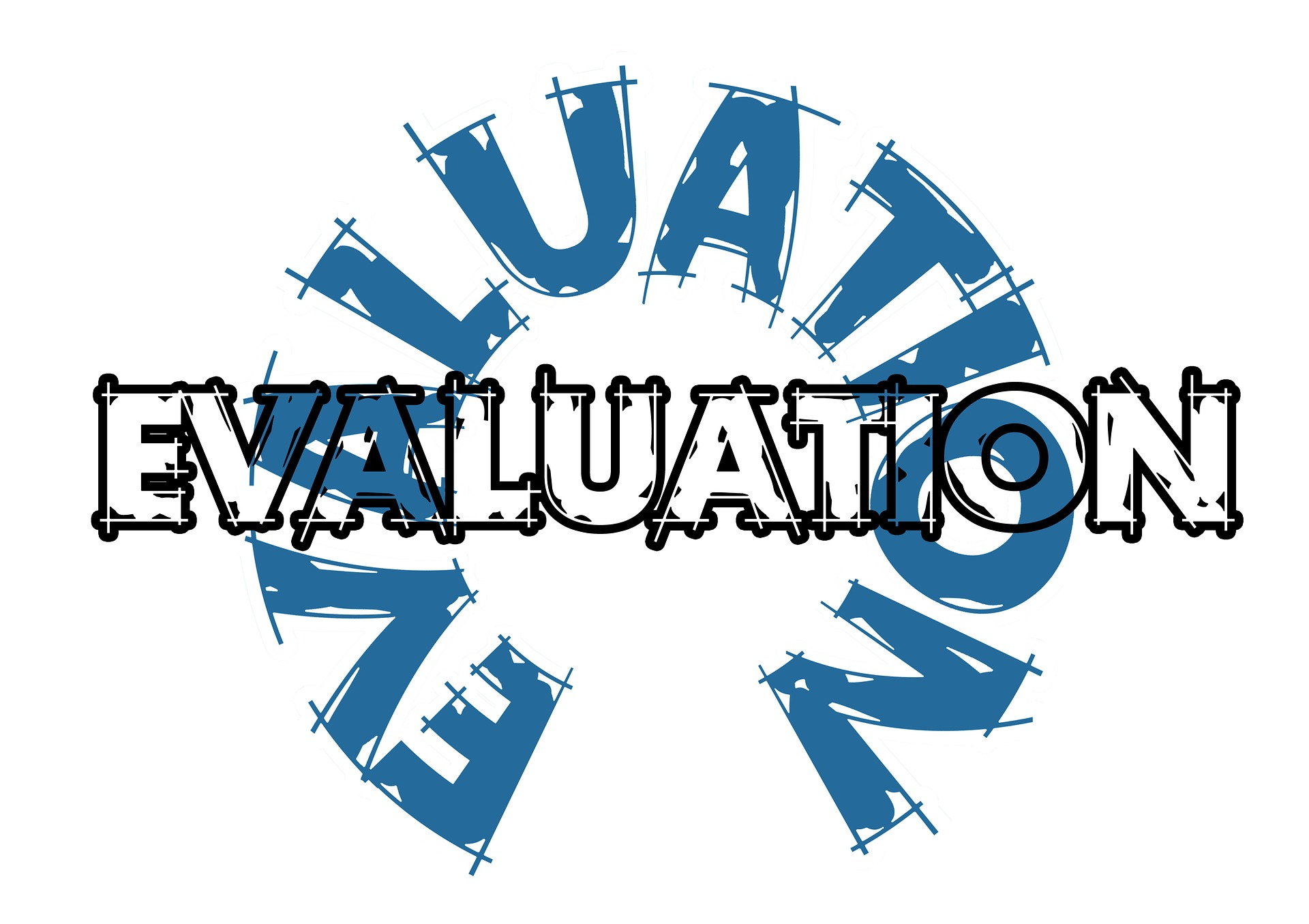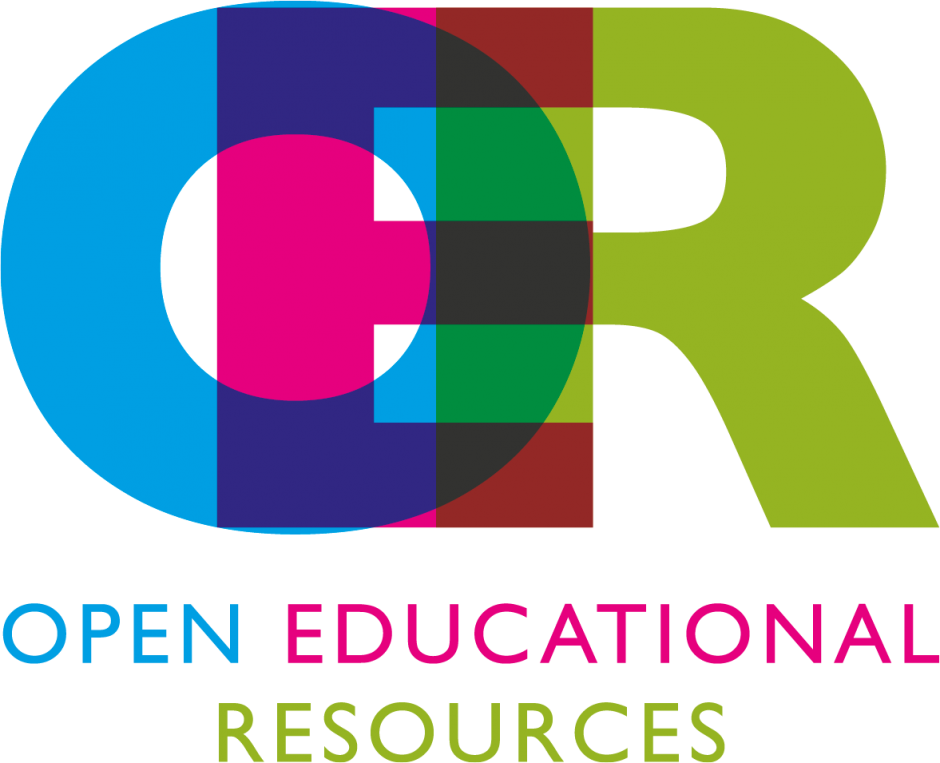Engaging in varied assessment practices supports student learning. According to the BC Ministry of Education, “assessment and curriculum are interconnected.” They outline the following principles for quality assessment:
- is fair, transparent, meaningful and responsive to all learners
- focuses on all three components of the curriculum model – knowing, doing, understanding
- provides ongoing descriptive feedback to students
- is ongoing, timely, specific, and embedded in day to day instruction
- provides varied and multiple opportunities for learners to demonstrate their learning
- involves student in their learning
- promotes development of student self-assessment and goal setting for next steps in learning
- allows for a collection of student work to be gathered over time to provide a full profile of the learner and learning
- communicates clearly to the learner and parents where the student is, what they are working towards and the ways that learning can be supported
Each individual school district will have supports for assessment, evaluation and reporting. Approaches to assessment vary and are evolving. This is an important conversation to have with your advisors especially as you engage in your assessment course and in planning for practicum.
Delta SD 3
There are many 60 or 60+ lists online to help you find new ways to assess student learning. Linked here is one that I like –














